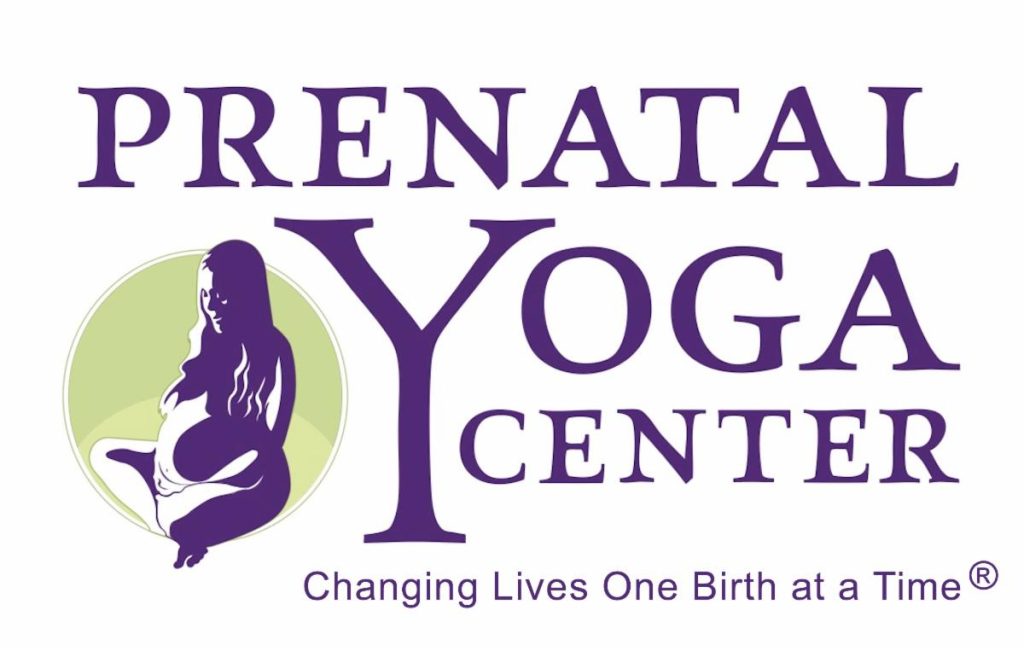To be honest, I had not really thought about this topic until one of my postnatal students reappeared in my prenatal yoga class. I was thrilled to see her back on the other side for another round of prenatal yoga with us! After chatting for a bit, she explained that her doctor advised her to stop breastfeeding her 8 month old child because she was pregnant again. She seemed conflicted by this since she had planned on breastfeeding her child for longer. But at the same time, she wanted to do what was best for the new baby on its way and follow her doctor’s advice.
This inspired me to dive into the topic more deeply, as breastfeeding while pregnant may be an issue for many women. I also consulted Dr. Gae Rodke, an OB/GYN and Malina Linkas Malkani, RD, CDN to get their perspectives.
Along with reaching out to Dr. Rodke and Ms. Malkani, I also looked towards the La Leche League International (LLLI) for further guidance. For those unfamiliar with the LLLI, it is a breastfeeding advocacy organization that has been around for about 50 years. Their mission is to help mothers worldwide to breastfeed through mother-to-mother support, encouragement, information, and education, and to promote a better understanding of breastfeeding as an important element in the healthy development of the baby and mother. Their website provided quite a bit of wonderful factual information about tandem nursing.
LLLI states, “Currently, no specific medical guidelines exist that define in which situations it may be risky to continue breastfeeding during pregnancy, and prenatal caregivers vary widely in their recommendations.” However, there are few points to be mindful of while “tandem nursing.”
The first is there can be a higher chance of becoming dehydrated. Breastfeeding and pregnancy require the mother to intake more fluids then the average person. One way to ensure that you are getting enough fluids is to look at the color of your urine. Ideally, you would like your urine to be a pale shade of yellow. If it is a darker shade of yellow, then you may be dehydrated and not even realize it.
Rest and nutrients! Having recently come out of my first trimester- I completely understand the need for rest while pregnant. Tag that along with caring for another child WHILE being pregnant and the result is likely a tired woman! It will be important for the mother that is nursing while pregnant to carve out time in her day to take naps and rest while her other child is sleeping. The La Leche League has a wonderful suggestion for getting rest while breastfeeding. “Breastfeeding during your pregnancy may help you get extra rest if you breastfeed your toddler while lying down. Completely childproofing one room with a mattress or pallet on the floor would allow you to continue to rest if your toddler goes off to play. Who knows, you both may drift off for a little nap!”
It is also interesting to look at the physiological demands of breastfeeding. It is commonly known that breastfeeding helps the mother loose some of her pregnancy weight and the reason for this is that breastfeeding burns calories. The mother’s body is working very hard to produce healthy and nutritious milk for her baby. It is recommended to take an extra 500 calories per day to maintain adequate energy levels.
During pregnancy, especially the first trimester, fatigue can be a huge challenge. The body is working very hard in creating a healthy home for the new growing fetus. Along with supporting the developing baby, there is a rise in the hormone, progesterone which can also contribute to sluggishness. As far as nutrition is concerned, the pregnant mother needs on average an extra 300 calories a day. LLLI also adds, “In a normal pregnancy there is no evidence that continuing to breastfeed will deprive your unborn child of necessary nutrients.” So, for that mother that is breastfeeding while pregnant, she needs an extra 800 calories (500 for breastfeeding + 300 for pregnancy).
When it comes to supporting a healthy mom and baby, Dr. Rodke explains “I usually suggest that the expectant mother begins to wean gradually, dropping one feeding at a time, so that they are finished by 28 weeks or so–the onset of the third trimester. Twice a day gives the breastfed child the benefits of Mom’s antibodies, etc. The exception would be if a Mom was not gaining an adequate amount of weight, or if there were other evidence that the fetus was not growing well, then I would suggest she stop sooner.”
Breastfeeding, pregnancy and calcium, oh my!
Adequate calcium intake is important for the growing fetus, the older sibling and the mother. So how much is enough?
Registered Dietitian, Nutritionist, Malina Linkas Malkani explains the body’s need for calcium during pregnancy, breastfeeding and tandem nursing. “During pregnancy, your body becomes much more efficient than usual at absorbing calcium, which is why your daily calcium needs don’t change when you become pregnant. It’s important to make sure you’re getting enough calcium in your diet before, during and after pregnancy because when you don’t, your body extracts calcium from your bones to keep your blood levels of calcium in a good range (and meet the needs of your baby if you are pregnant). Maintaining bone mineral density is important for long term skeletal health, so find healthy food sources of calcium that you enjoy. It’s easy to meet your calcium needs daily if you eat dairy foods, which are high in calcium. Aim for three servings of dairy daily, and choose low-fat or non-fat versions to cut saturated fat and excess calories. If you are vegan or don’t consume dairy foods, you can meet your daily calcium needs through many plant foods, soy products and calcium-fortified juices. Remember that it is better for your body to get your nutrients from actual foods rather than supplements, but if you do prefer to supplement your calcium, be sure to take no more than 500 mg at a time and separate your doses for best absorption.
You may read about how breastfeeding causes bone loss due to changes in hormones and in the way calcium is absorbed and excreted. Don’t let this worry you. Research shows that breastfeeding lowers a mother’s risk of bone disease and osteoporosis in later years. The female body has many complex and ingenious systems in place to ensure that breastmilk provides the baby with all the calcium it needs while utilizing and strengthening the mother’s bones. These systems remain in place even if you are pregnant and nursing at the same time. Bottom line for optimum health include your 3 servings of dairy (or high-calcium, non-dairy foods) per day if you are pregnant, nursing, both or just female!
Sore nipples and breast tenderness are something to consider while tandem nursing. Breast tenderness is often one of the first signs of pregnancy and for many women subside after the first trimester. So, breastfeeding during this time may prove to be a little uncomfortable. This discomfort is just something to take into consideration. It will eventually pass.
The hormones of pregnancy will also change the taste and quality of the breastmilk as well as the milk supply. Typically, mothers see a decrease in the milk supply around the 4th or fifth month of pregnancy. Because of the decrease in milk supply, it is important to keep an eye on the breastfeeding child’s weight and make sure the child is getting adequate nutrients. If the child is on solids already, this may not be as much as an issue. The child may also notice a change in the taste of the breastmilk. That may cause the child to wean on its own.
Uterine Contractions
As a labor support doula and Lamaze teacher, I often discuss and use nipple stimulation to help trigger contractions and bring on labor. When the nipples are stimulated, oxytocin – the love hormone- is released into the blood stream and this can cause uterine contractions. This is the same hormone responsible for orgasm. LLLI addresses this issue in their book, BREASTFEEDING ANSWER BOOK, 3rd Edition 2003, page 407. “Although uterine contractions are experienced during breastfeeding, they are a normal part of pregnancy… Uterine contractions also occur during sexual activity, which most couples continue during pregnancy.” Dr. Rodke adds to this by saying, “If she [the mother] starts having significant contractions during or after breastfeeding, that is another natural message that it is time to stop.”
Whether to continue breastfeeding your child during pregnancy or not, is a personal choice. Hopefully this information will help you decide what is right for you and your growing family. If you meet resistance from a care provider, you can now discuss your options with some factual information at your side.
Sources:
http://www.llli.org/
http://www.babycenter.com/0_fatigue-during-pregnancy_2911.bc
http://www.associatedcontent.com






